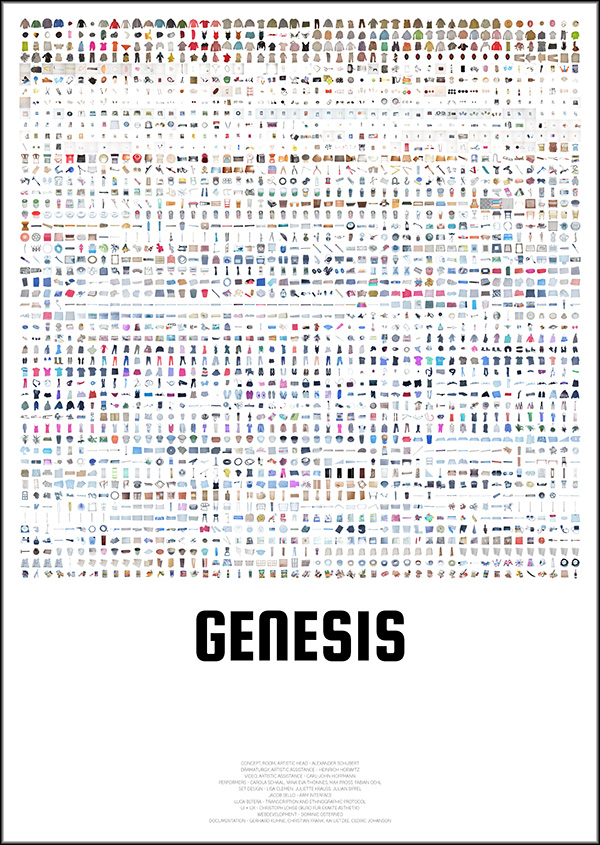7 days / 24h
2020
Trailer:
A trailer summarizing the project in three minutes:
Project Description:
Genesis is a virtual real-life computer game. It is an experiment, in which the audience can participate online for over a week, creating a real place, a true community and a physical world according to their own ideas. Participants can log in worldwide for free via the website and control a human avatar via an audio-video interface in a remote industrial hall. Genesis is a social simulation that unites in itself, ideology and criticism. In this completely open setting all its social components are in flux and can transform into one another.
Genesis could transform into an open imagination space, in which the visitors or players are able to project their ideas about a new world. Especially in a situation, in which social isolation, human distances and the lack of resources needs to be modified to keep on dreaming about society.
The project starts in an empty industrial hall. The empty space can continuously be extended, transformed and edited with the help of a contingent of materials and tools. Through the online players’ selection of materials, the setting is continuously developed and redesigned over the time of seven days. The audience is invited to create the space according to their own imaginations. Each participation leaves a trace - the sum of these changes and interactions will make up the entity of the work. The entirety is characterized by the personal experience of the individual as well as by the documentation of the entire process.
The work will be a continuous setting over seven days, 24 hours without interruption, in which the space will change through the active and independent reconfiguration of the visitors. Human avatars will live there for that period of time.
The audience or players of Genesis are able to log in from everywhere, worldwide through the website. As the project runs 24h a day all time zones can interact with the project. The players can book an online ticket for a time window beforehand or play instantly if a slot is free. They are able to shape the Genesis process, through guiding one of the human “avatars” inside the industrial hall. The players receive the audio-visual perspective of their avatar, which are equipped with VR Glasses and a camera. This camera continuously transmits the vision from a first-person perspective to the browser window of the player. In this inter- face the players have the opportunity to give instructions. A wide selection of tools and materials is available for selection in a menu inside the game. Their player’s task is to operate their avatar through the space and instruct and co- operate, in order to establish a physical and social setting. The avatars appear as yourself, through whose eyes one can look and whose bodies can be instructed.
The other possibility is to overview the entire event through a 24-hour livestream, which records from a bird’s eye view independently and in documentary form. To look at the synthesis again from the outside.
Like in a VR setting or a computer game, the audience can influence the happening. This interaction can take on a wide range of social forms of communication and smooth a widespread way of possible actions in the hall.
Full Documentation:
Full documentation on the project:
Team:
Alexander Schubert - Concept, Room, Artistic Head
Heinrich Horwitz - Performer Coaching, Production, Artistic Assistance
Carl-John Hoffmann - Video, Artistic Assistance
Carola Schaal, Yana Eva Thönnes, Max Pross, Fabian Oehl - Performers / Avatars
Lisa Clemen, Juliette Krauss, Julian Sippel - Set Design
Jacob Sello - Arm Interface
Luca Befera - Transcription and Ethnographic Protocol
Christoph Lohse (Büro für Exakte Ästhetik) - UI + UX
Dominic Osterried - Web Development
Gerhard Kühne, Christian Frank, Kai Lietzke, Cedric Johanson, Peter Wolff - Documentation
Francis Wernecke, Vitus Stoiber, Felix Stoiber - Inventory Handling
Tâm Phạm, Rica Zinn, Yuri Akbalkan, Miguel Retamero - Inventory Photography
Clara Braun, Thordis M. Meyer, Helena Krey, Chiara Lüssow, Lucie Trittmann, Carlotta Bauer, Lina Lev, Sarah Ernst, Zwang Starkowski, Yuri Akbalkan, Victor E. Gutiérrez Cuiza, Pedro González Fernández, Tâm Phạm, Michael Brailey, Orestis Papaioannou, Bas Hendrickx, Irini Aravidou - Rehearsal Avatars
Lecture / Presentation:
Online Lecture and Group Presentation of the project (95 minutes):
Radio Features:
Radio Features (in German):
Audio Examples:
Audio examples of vocal instruction given by players while playing Genesis (and thus controlling their avatar):
Audio Example 1
Audio Example 2
Audio Example 3
Audio Example 4
Audio Example 5
Audio Example 6
Audio Example 7
Audio Example 8
Audio Example 9
Audio Example 10
Book: Rise of a transcoded World
Luca Befera wrote a book about the complete project, which includes detailed descriptions, an analysis, questionnaires of participants, interviews with the team and a detailed outline of the events during the week.
Download the complete book as a PDF.
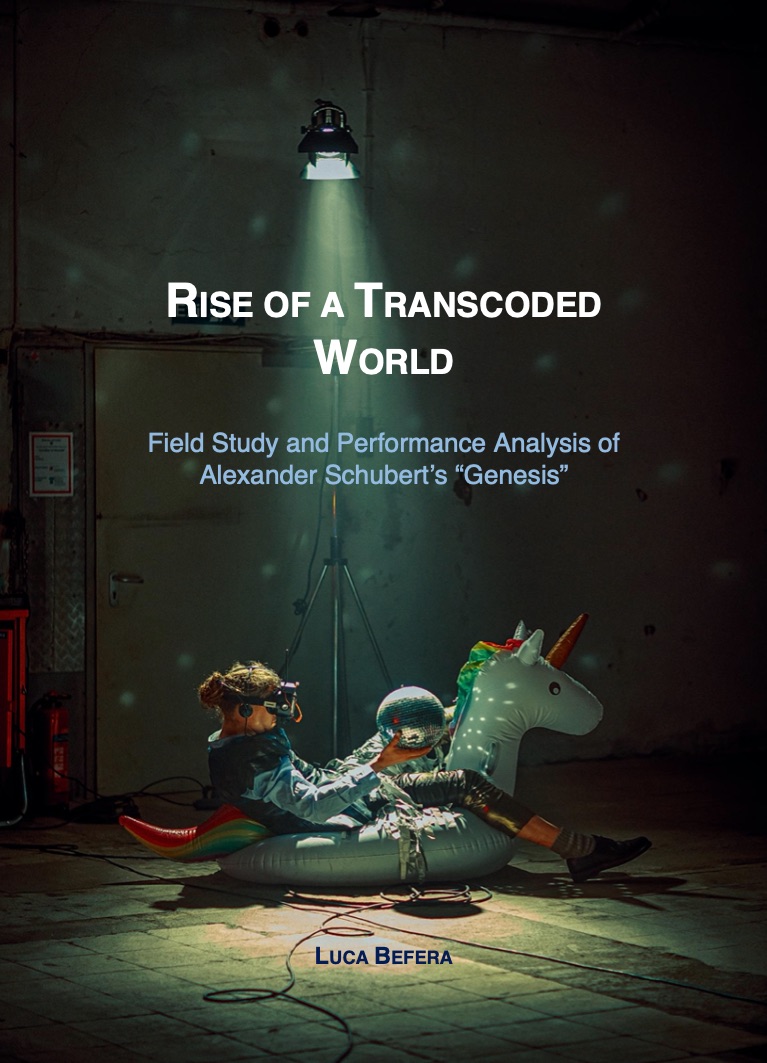
Book Abstract:
Alexander Schubert’s most recent artistic research develops a new approach to digital and human realities, merging them through interactive media. Therefore, his works evolve in a completely autonomous manner, almost detaching themselves from the original authorship. The interactive installation Genesis is an online video game in which players control human avatars in a predefined and aseptic world. The performance has the social experiment goal, implying autonomous space development through a hierarchical relationship between gamers and avatars. The present analysis, entailed in the project’s documentation, shows a comprehensive overview of the interactions that occurred in the empty hall. It also questions the author’s prescriptive role: the explicit purpose of establishing an aseptic space results as a setting itself, influencing space definition. The environment develops its own rules and dynamics through recurrent patterns, strongly depending on digital mediation, emerging human behaviour, selectable items, stage connotation, and gaming dynamics. Human involvement – of gamers, avatars, authors, and staff – results in single participants’ and emerging communities’ complex behaviour. People redefine their knowledge, shaping new forms of interaction through digital encoding. In turn, they transfer their experience into real- life through personal or shared memories. Thus, space becomes not just where digital and physical perspectives flow into but also a gravitational pole expanding beyond given borders.
Partners and Collaborations:
Internationales Musikfest Hamburg 2020
Commissioned by Elbphilharmonie Hamburg 2020
Decoder Ensemble
Kraftwerk Bille
Hochschule für Musik und Theater Hamburg
A MAZE (Media Partner)
Photos:
1_mini.jpg)
2_mini.jpg)
3_mini.jpg)
4_mini.jpg)
5_mini.jpg)
6_mini.jpg)
7_mini.jpg)
8_mini.jpg)
9_mini.jpg)
10_mini.jpg)
11_mini.jpg)
12_mini.jpg)
13_mini.jpg)
14_mini.jpg)
15_mini.jpg)
16_mini.jpg)
17_mini.jpg)
18_mini.jpg)
19_mini.jpg)
20_mini.jpg)
21_mini.jpg)
22_mini.jpg)
23_mini.jpg)
24_mini.jpg)
25_mini.jpg)
26_mini.jpg)
27_mini.jpg)
28_mini.jpg)
29_mini.jpg)
30_mini.jpg)
31_mini.jpg)
32_mini.jpg)
33_mini.jpg)
34_mini.jpg)
35_mini.jpg)
36_mini.jpg)
37_mini.jpg)
38_mini.jpg)
39_mini.jpg)
40_mini.jpg)
41_mini.jpg)
42_mini.jpg)
43_mini.jpg)
44_mini.jpg)
45_mini.jpg)
46_mini.jpg)
47_mini.jpg)
48_mini.jpg)
49_mini.jpg)
50_mini.jpg)
51_mini.jpg)
52_mini.jpg)
53_mini.jpg)
54_mini.jpg)
55_mini.jpg)
56_mini.jpg)
57_mini.jpg)
58_mini.jpg)
59_mini.jpg)
60_mini.jpg)
61_mini.jpg)
62_mini.jpg)
63_mini.jpg)
64_mini.jpg)
65_mini.jpg)
66_mini.jpg)
67_mini.jpg)
68_mini.jpg)
69_mini.jpg)
70_mini.jpg)
71_mini.jpg)
72_mini.jpg)
73_mini.jpg)
74_mini.jpg)
75_mini.jpg)
76_mini.jpg)
77_mini.jpg)
78_mini.jpg)
79_mini.jpg)
80_mini.jpg)
81_mini.jpg)
82_mini.jpg)
83_mini.jpg)
84_mini.jpg)
85_mini.jpg)
86_mini.jpg)
Visual Material and Screenshots:
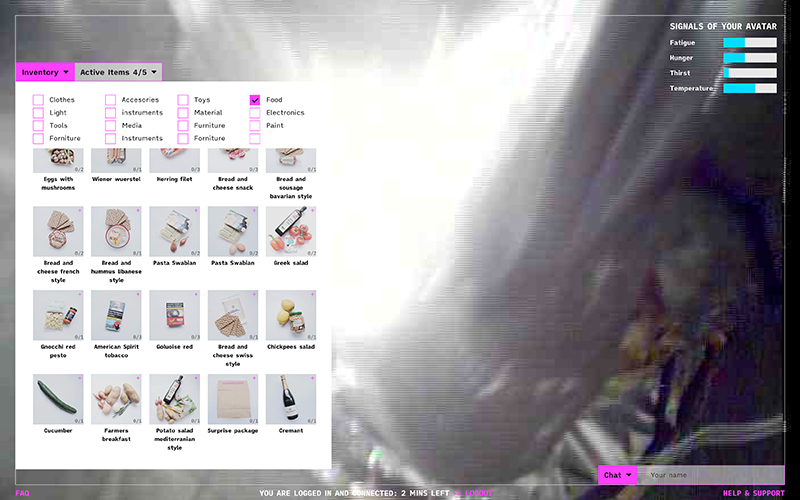
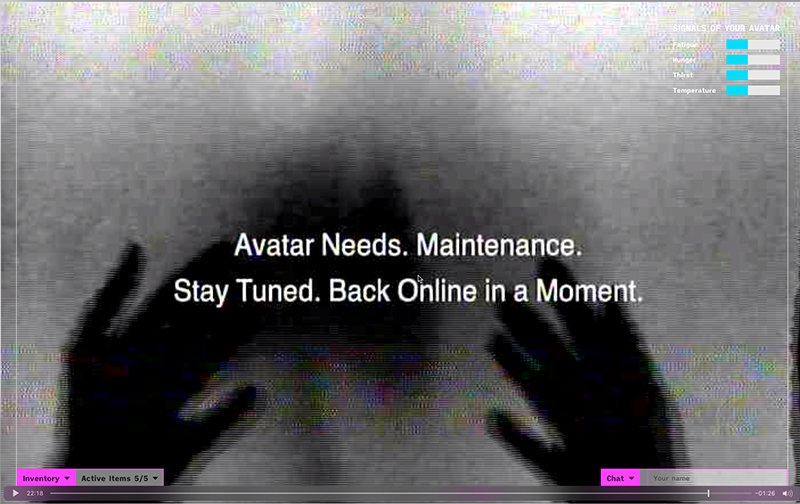
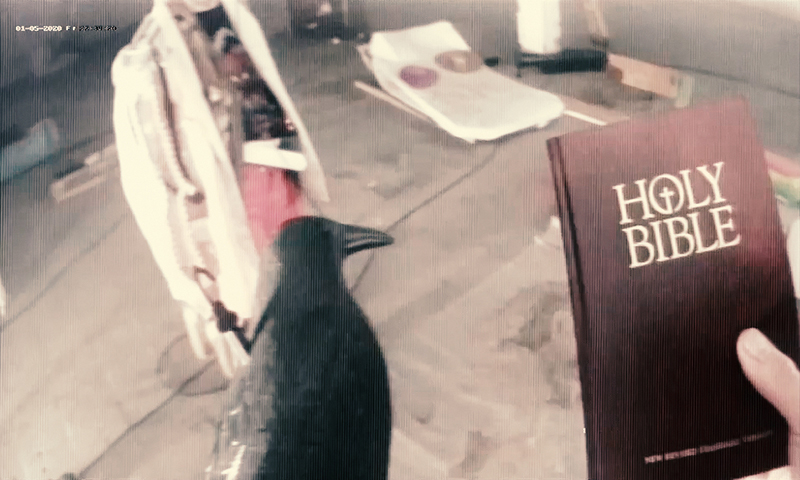
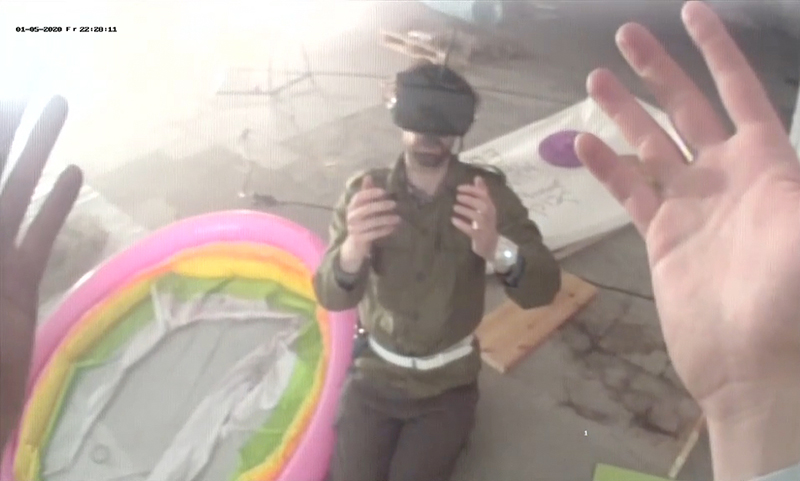
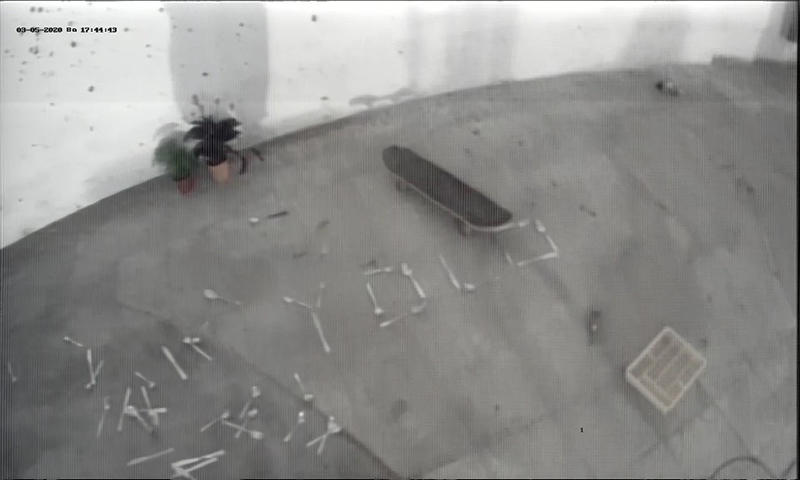
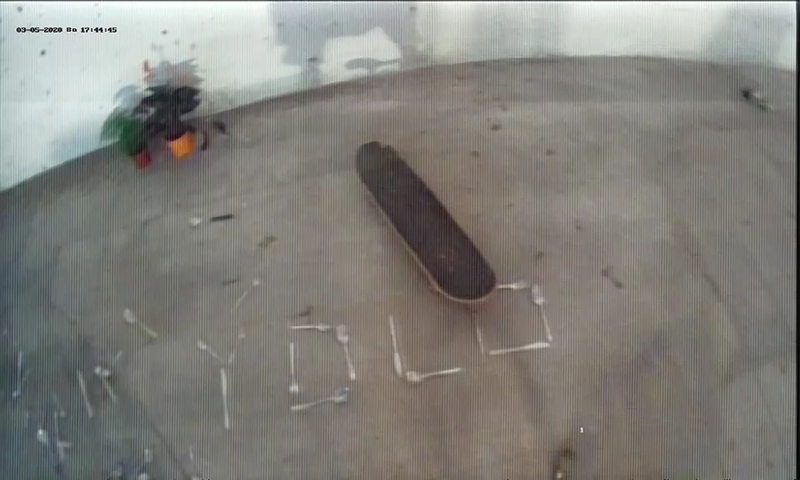
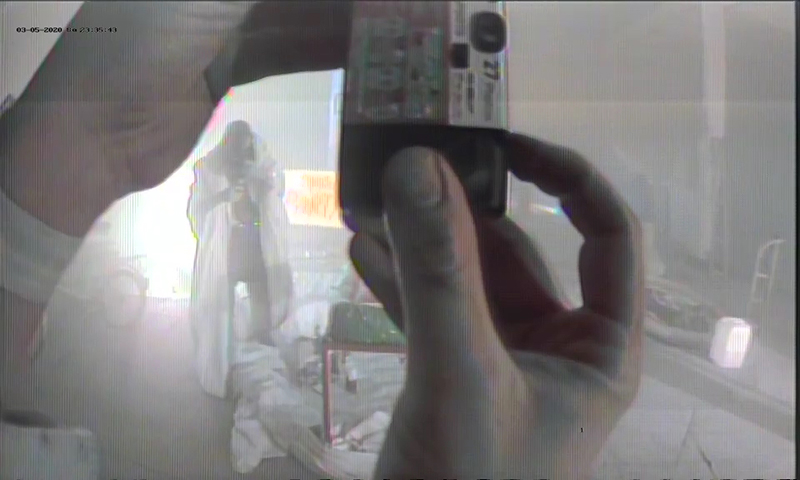
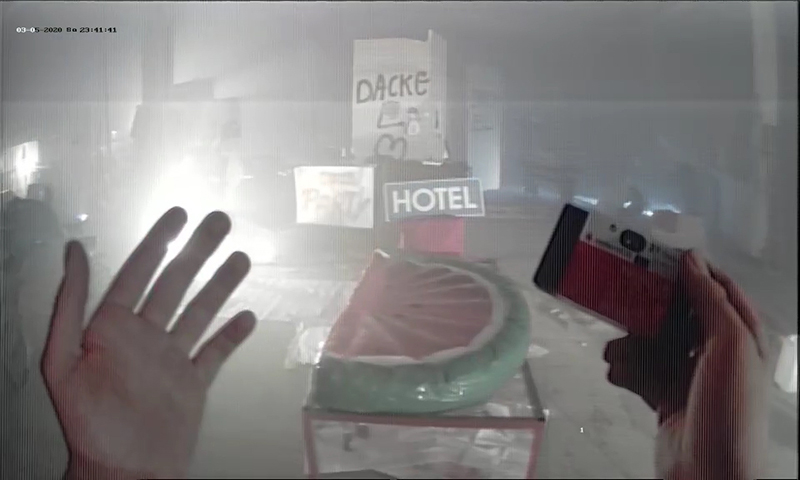
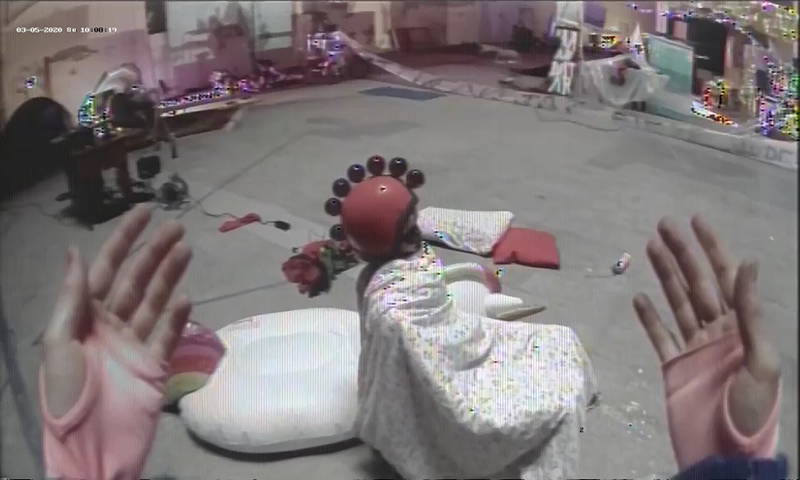
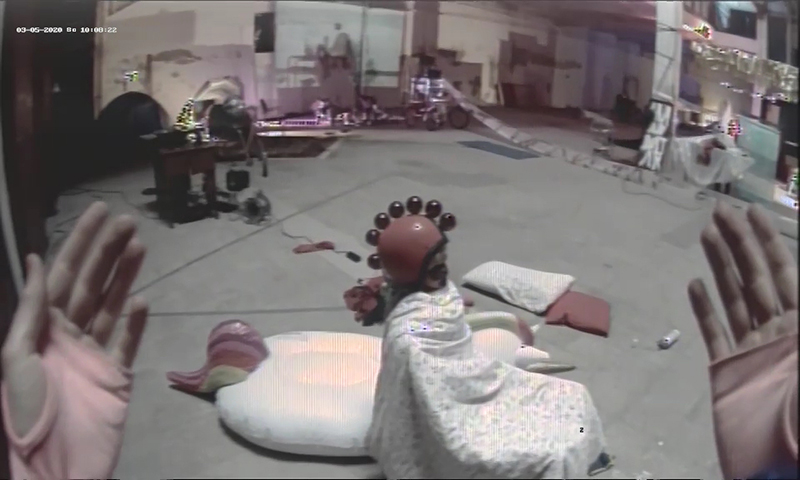
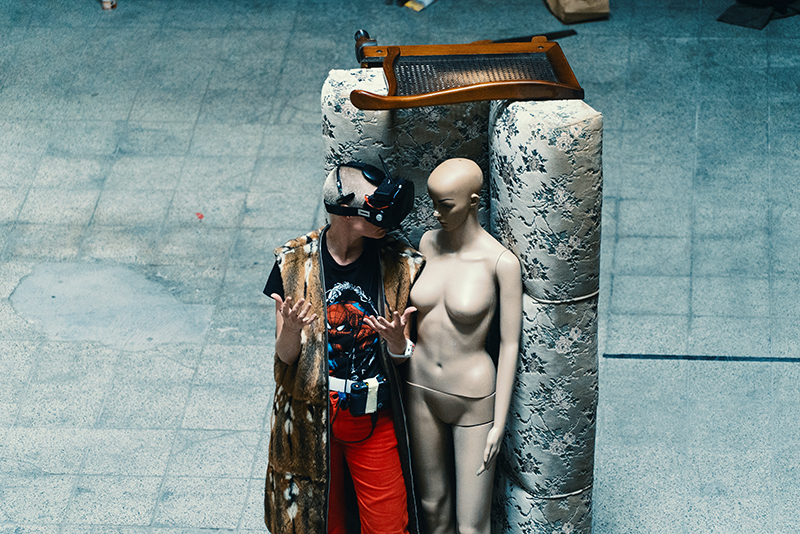
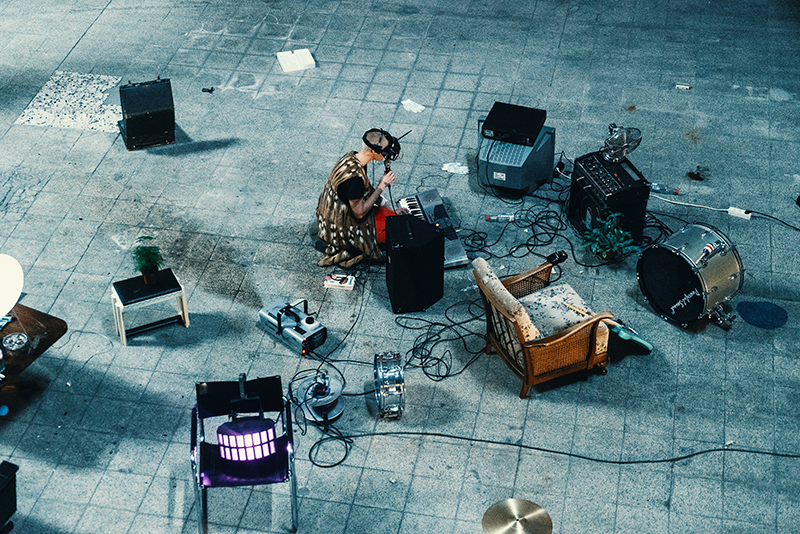
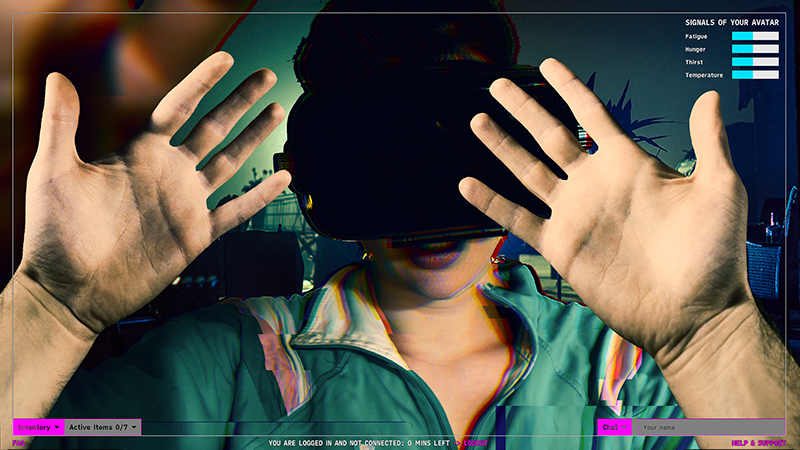
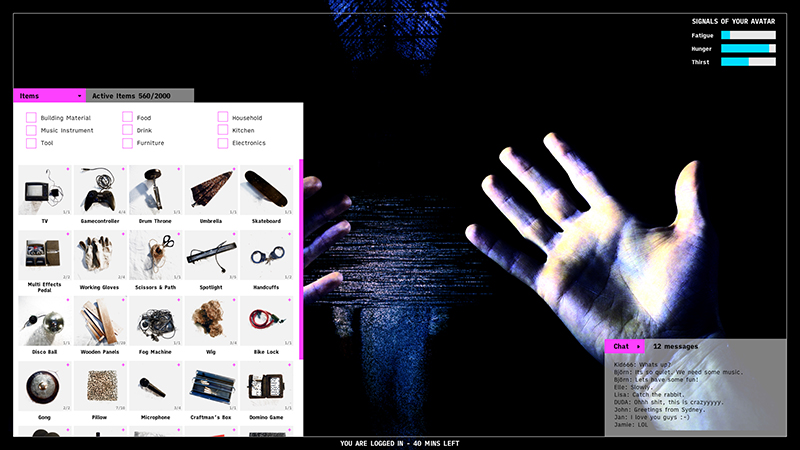
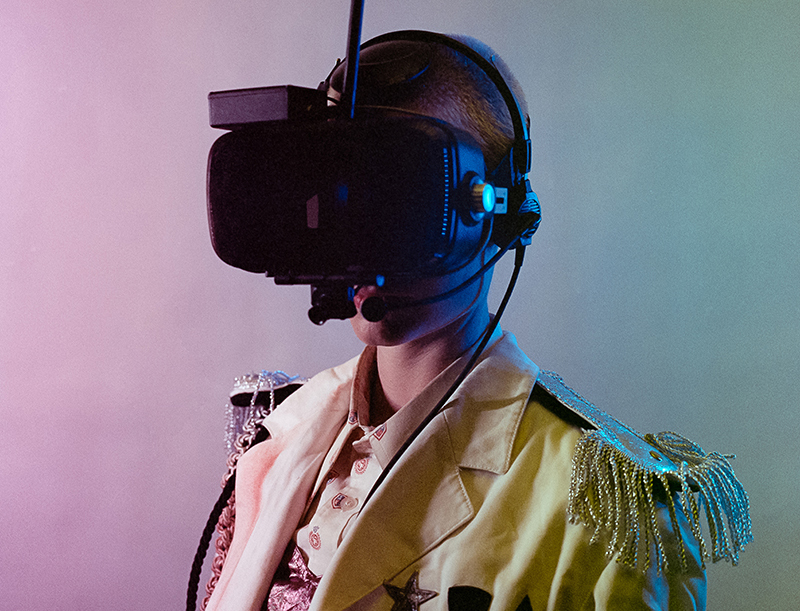
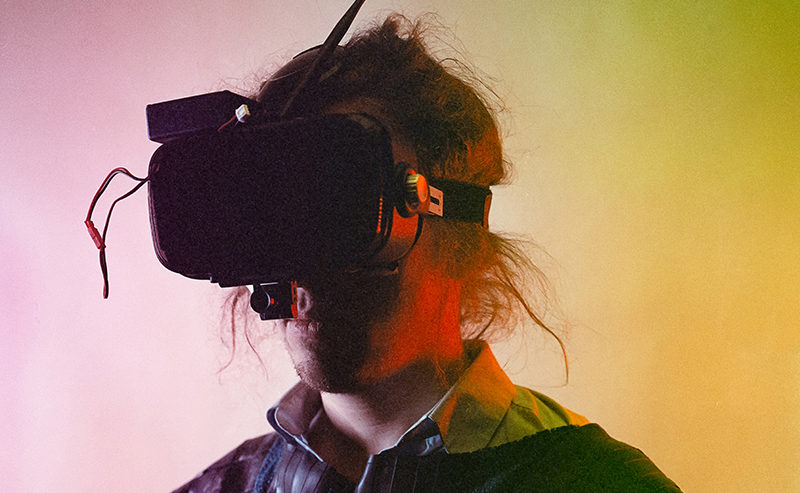
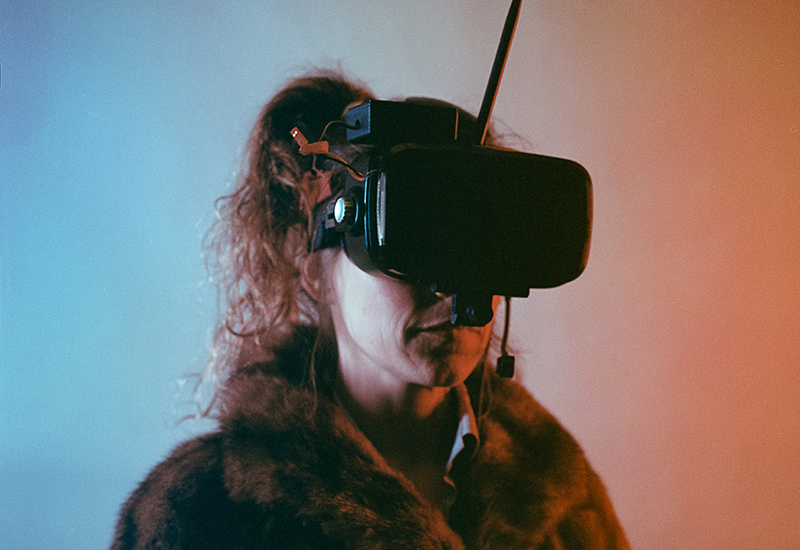
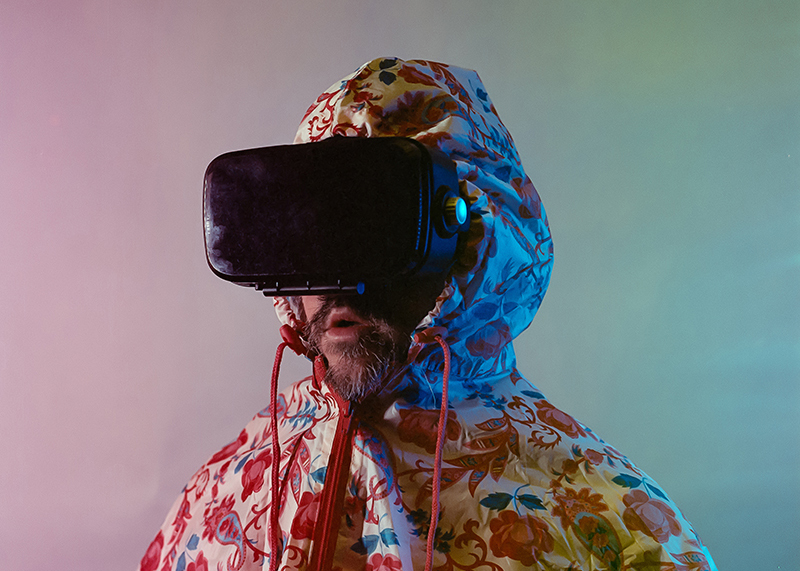
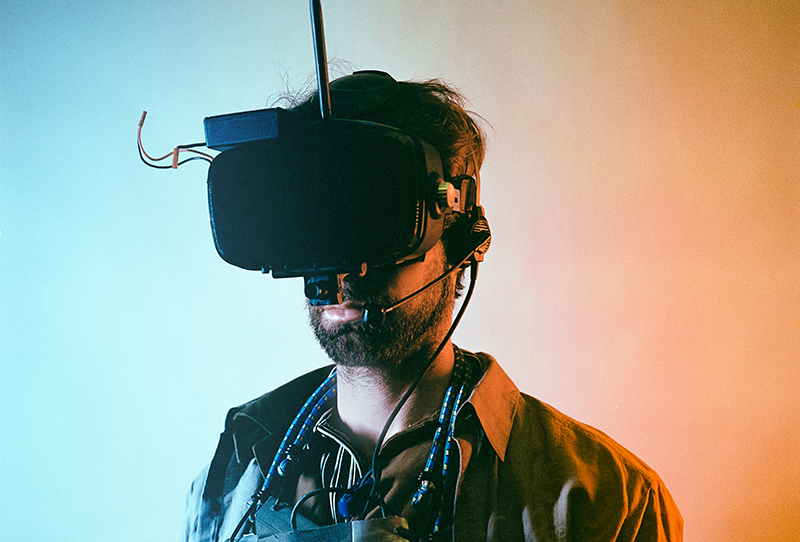
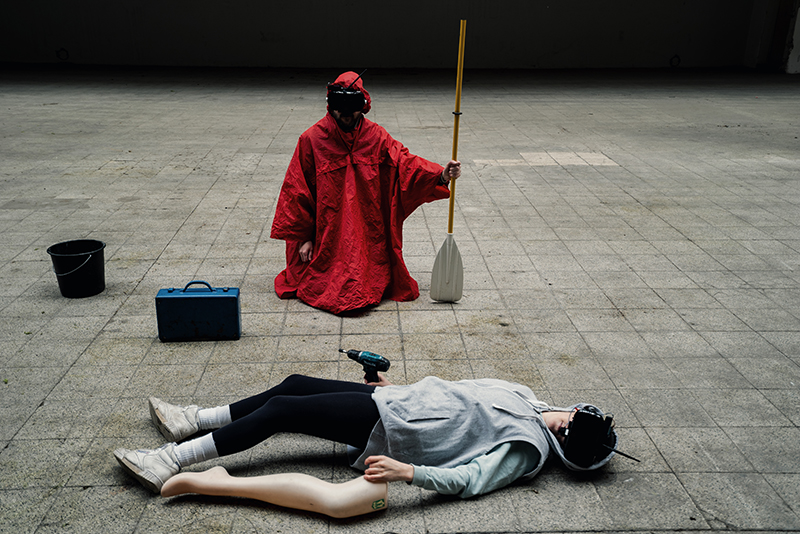
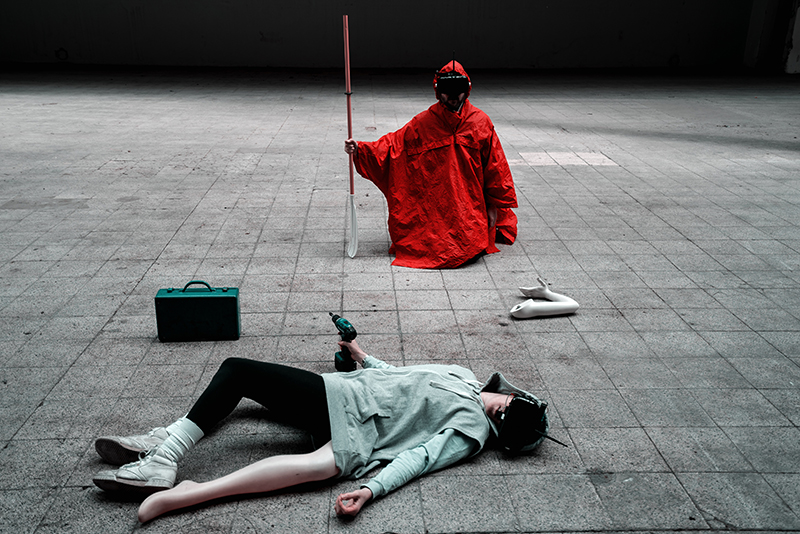
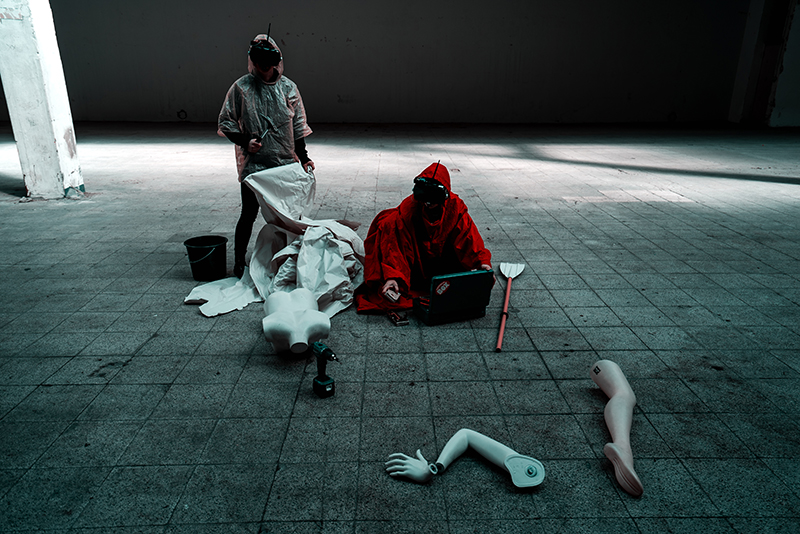
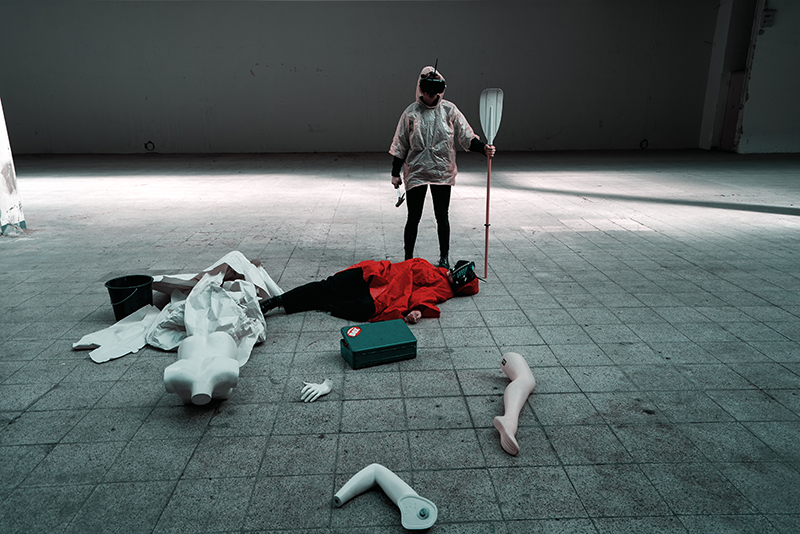
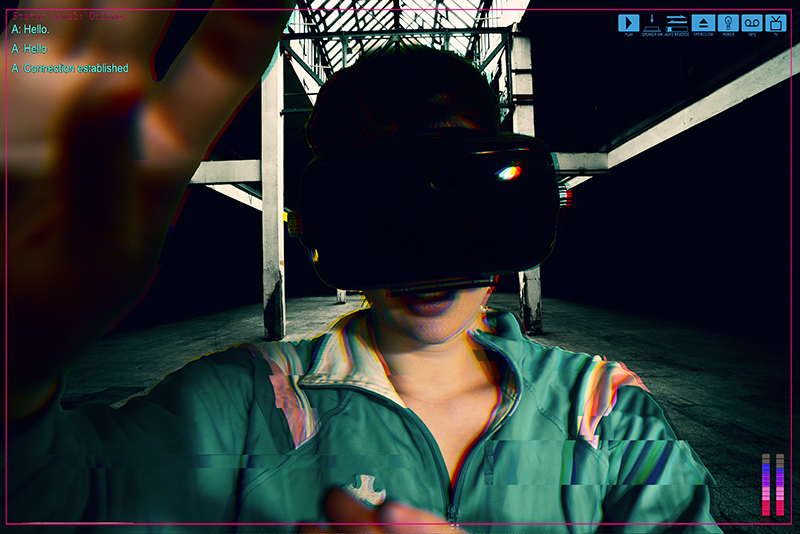
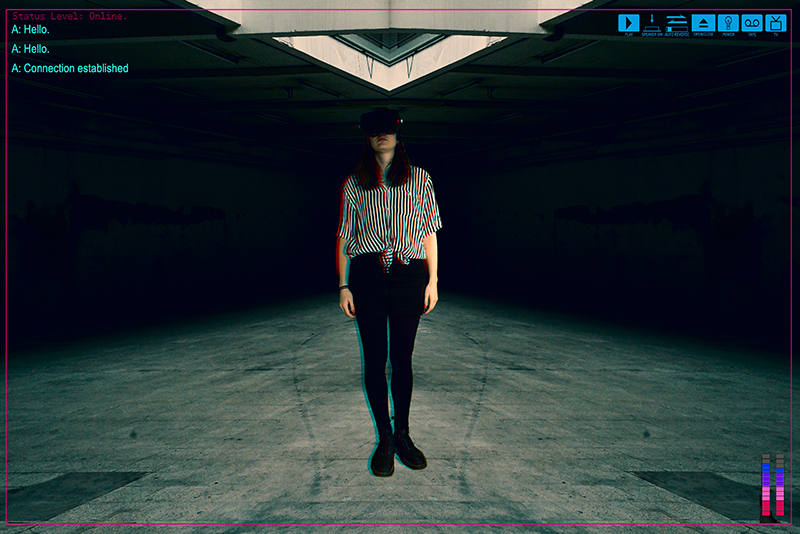
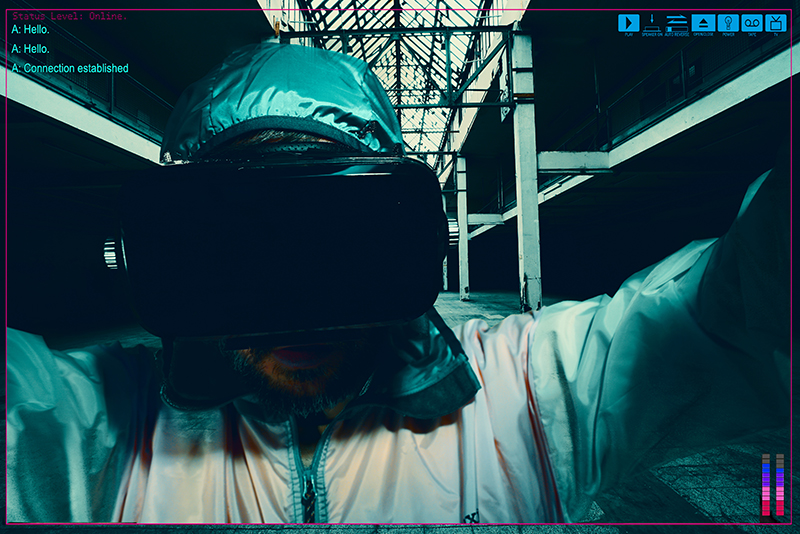
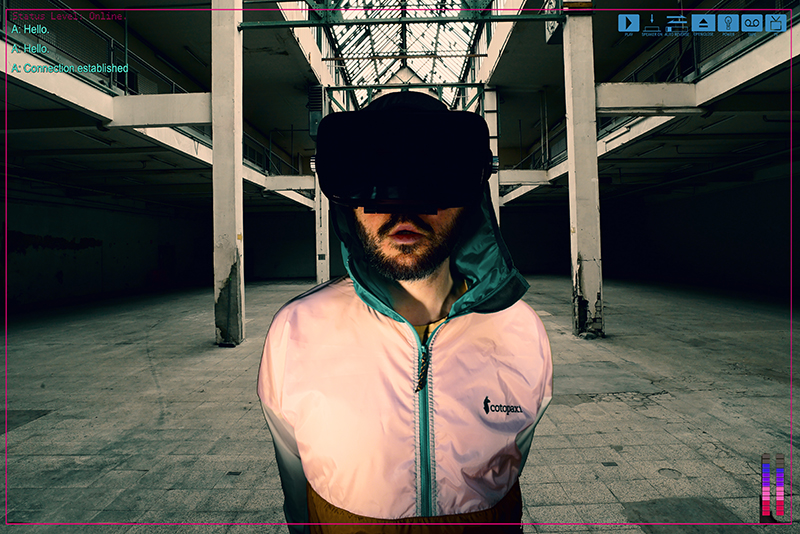
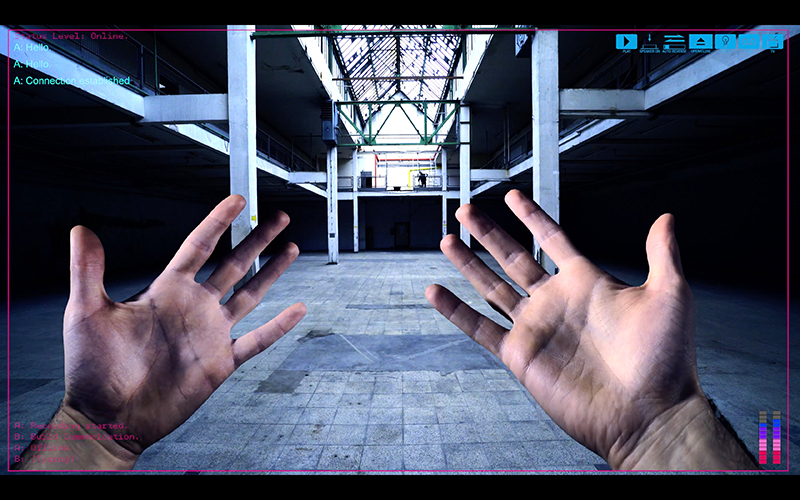
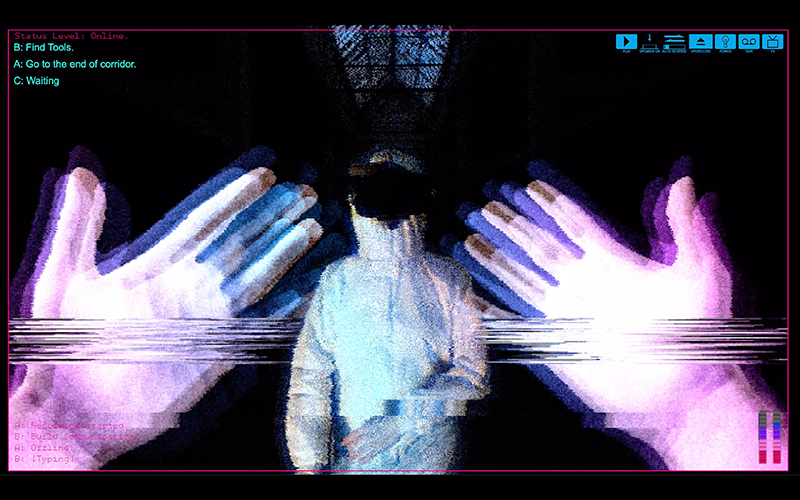
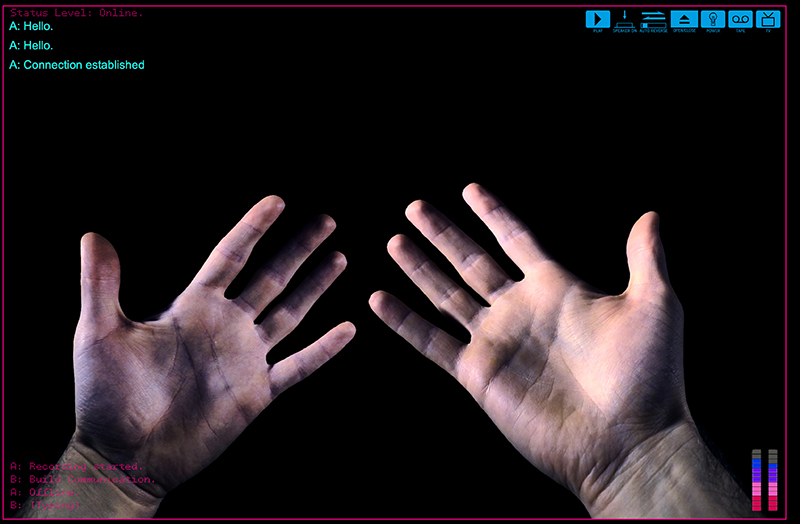
Poster with the complete inventory:
